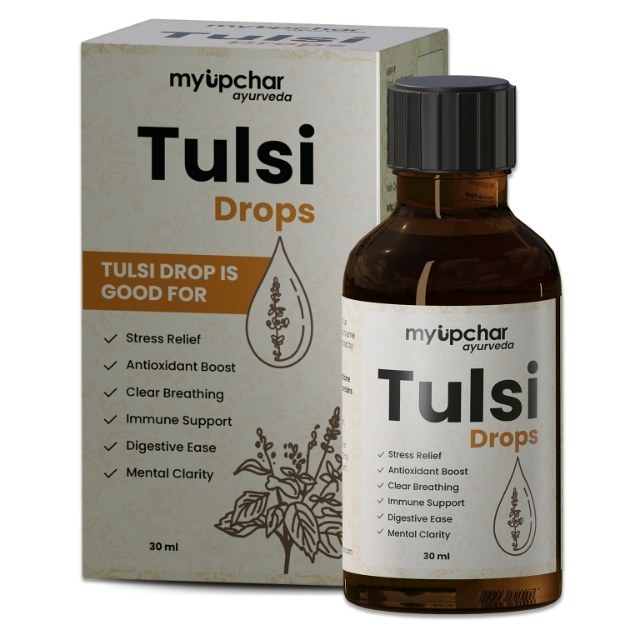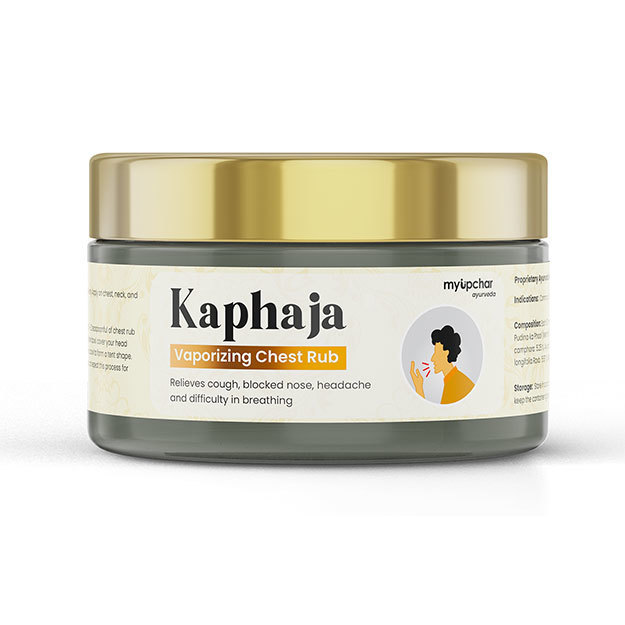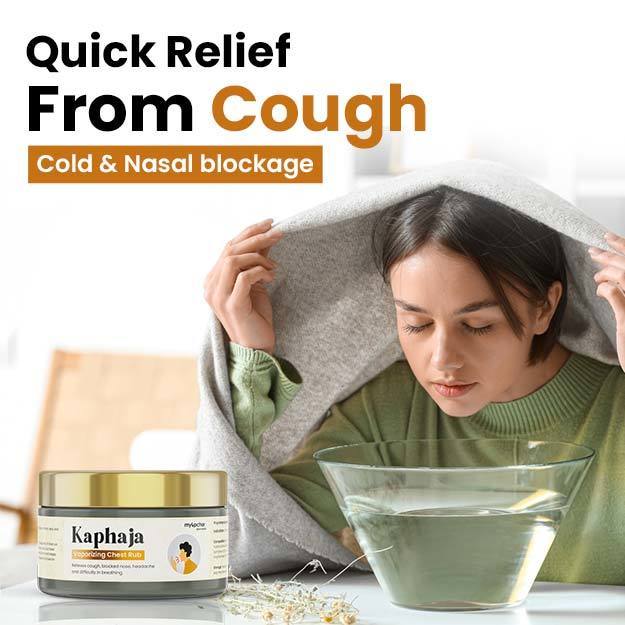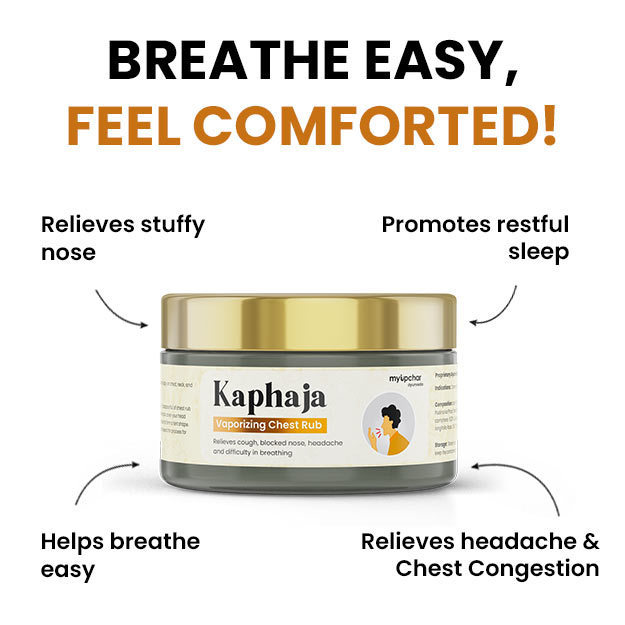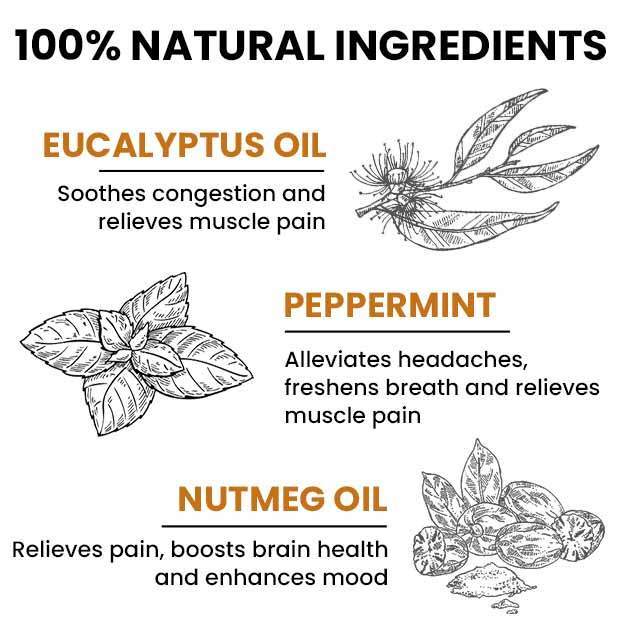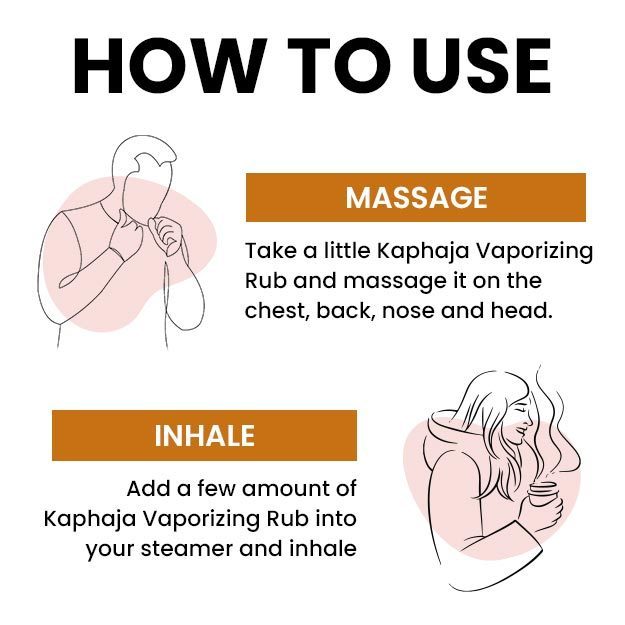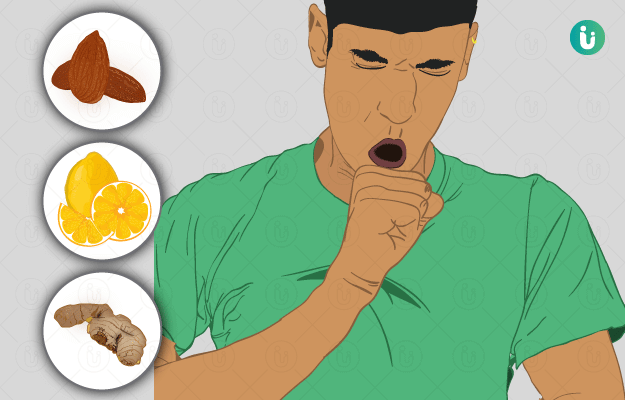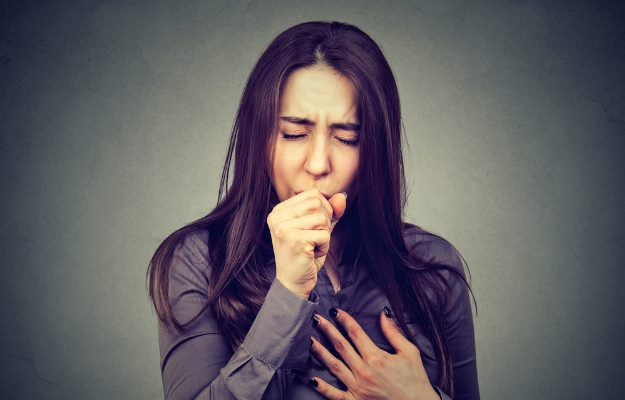- Aconitum Napellus
Common Name: Monkshood
Symptoms: Monkshood is best indicated for inflammatory fevers and any other form of acute and sudden infection. It is also used to treat numbness, tingling and conditions caused by exposure to cold and dry weather. Aconite is used to treat conditions that only cause a functional disturbance but have no clear periodicity. This remedy is also indicated in those experiencing the following symptoms:
- Dry mucous membranes (inner lining of body cavities and organs) of nose and mouth with a swollen tongue
- Breathing difficulty with dry cough that worsens at night
- Tingling in chest after cough
- Unpleasant dreams
Symptoms worsen at night, while sitting in a warm room and on lying on the affected side. Symptoms improve in open air
- Belladonna
Common Name: Deadly nightshade
Symptoms: Belladonna primarily acts on the nervous system; however it also acts effectively on the skin, glands and vascular system. It is used to treat symptoms such as red skin with flushed face, delirium, restlessness and dryness of mouth and throat. Other symptoms responding to this remedy are:
Symptoms worsen after the noon, on lying down, by touch and noise, but reduce when the person is sitting in a semi-erect position.
- Bryonia Alba
Common Name: Wild hops (bryonia)
Symptoms: It acts on the serous membranes (lines body cavities that don't open up on the outside like lungs) and the organs they contain. The characteristic symptom for this remedy is a stitching and tearing type of pain, which worsens on movement and gets better on rest. Bryonia Alba works well in people who are highly irritable, have dry lips and mouth, increased thirst, large stools, a feeling of stones in the stomach and painful joints. They also suffer from the following symptoms:
- Nosebleeds
- Pain in the area around liver, which aggravates on coughing and applying pressure
- Sore trachea (windpipe) and larynx (voice box)
- Dry cough, mostly at night, which is worse after eating or drinking
- Hoarseness that worsens in open air
- Cough with a feeling as if the chest would fly off; the person holds his/her breastbone to get relief
- Cough with brick-red jelly-like mucus
- Fever and chills with dry cough, internal heat and increased perspiration
Symptoms worsen in the morning, with exertion, and after meals. Symptoms improve on lying on the painful side, on resting and on applying pressure on the affected area.
- Chamomilla
Common Name: German chamomile
Symptoms: German chamomile is mainly used to treat emotional and mental symptoms. It is prescribed to impatient people who are always complaining about things and irritable and restless children who have colic. This remedy is contraindicated in those with constipation. Chamomilla treats the following symptoms:
- Throbbing headache on one side of the brain
- Earache and toothache that worsens after having warm coffee
- One cheek red hot and the other pale and cold
- Dry and tickling cough along with dryness of larynx
- Chest tightness
- Rattling in chest
All the complaints worsen at night, with warmth, when the person is angry, or out in open air. The person feels relief in warm wet weather.
- Causticum
Common Name: Hahnemann’s tinctura acris sine kali
Symptoms: Causticum works well in those who have severe hopelessness along with a feeling of sadness. These patients exhibit the following symptoms:
- Inflammation of nasal mucous membrane (coryza), especially caused by a cold
- Hoarseness of voice with chest pain and difficulty in speaking
- Cough with scanty expectoration that has to be swallowed
- Cough with pain in the left hip that worsens in the evening and with warmth of bed, but gets better with drinking cold water
- Difficulty in lying down at night
- Echoing of own voice
Symptoms aggravate in cold and dry weather and improve with warmth, and in damp and wet weather.
- Coralium Rubrum
Common Name: Red coral (coralium)
Symptoms: This remedy is effective in spasmodic and whooping coughs. It is especially given to those who get sudden bouts of rapid cough. They also experience other symptoms like:
- Excessive mucus secretion that drops through the back of the nose into the throat
- Extreme sensitivity of throat to air
- Cold feeling on inhaling deeply
- Exhaustion and suffocation after whooping cough
Symptoms worsen on moving to a cold room from a warm one and from open air.
- Drosera Rotundifolia
Common Name: Sundew (drosera)
Symptoms: Sundew is considered as the main remedy for whooping cough as it acts effectively on respiratory organs. This remedy helps in building resistance to tuberculosis; hence, it is widely used in treating pulmonary tuberculosis and laryngeal tuberculosis. It is also used to treat profuse expectoration and is given to patients who throw up food on coughing. This remedy is also effective against the following symptoms:
- Irritating and dry cough like whooping cough
- Choking and difficulty in breathing
- Hoarse cough, which worsens after midnight
- Nosebleeds along with bleeding from mouth
- Asthma, mainly while talking
- Vertigo on going out in open air; the person feels that he would fall on one side (usually left)
- A feeling of coldness in the left side of face, while the right half is dry hot
Symptoms become aggravated on lying down, drinking, singing or laughing, and particularly after midnight.
- Pulsatilla Pratensis
Common Name: Wind flower (pulsatilla)
Symptoms: It is mainly a female remedy. The mental state and disposition of the person are the guiding symptoms for the selection of this medicine. Patients who benefit from this remedy are highly emotional, cry easily and are easily discouraged. They are always comfortable in the open air despite feeling chilly and normally lie with their head high and hands above their head. Pulsatilla Pratensis is used to alleviate the following symptoms:
- Thick, yellowish-green, bland discharge from eyes along with inflammation of eyelids
- Dry mouth, though the person does not feel thirsty
- Cracked lower-middle lip; the person often licks their lower lip
- Flatulence, lack of thirst and stomach pain an hour after eating
- Bitter taste in mouth and everything feels tasteless
- Dry cough, mainly in the evening and at night, and loose cough in the morning
- The spit of the person is bland, copious, greenish, thick and bitter
Symptoms worsen in the evening, after eating fatty foods and in a warm room. Complaints get better by moving about in open air, and with cold applications.
- Rumex Crispus
Common Name: Yellow duck
Symptoms: Rumex Crispus is used to manage a variety of pains. It is also used to treat tickling cough in the throat pit, which aggravates on touching the throat. Rumex is known to reduce the secretion of fluids from the mucous membranes in the body, while simultaneously increasing the sensibility of the mucous membranes of larynx and trachea. Those who benefit from this remedy experience other symptoms like:
- Enlargement of lymph nodes
- Soreness of tongue
- Flatulence, gastritis
- Shooting pain in the chest
- Dry nose
- Excessive discharge of mucus (a slimy fluid secreted by the mucous membrane) from nose and trachea
- Dry irritating cough that worsens at night, on talking, and inhaling; the person finds it difficult to sleep
Symptoms are worse in the left chest, they are aggravated in the evening, and on inhaling cold air.
- Spongia Tosta
Common Name: Roasted sponge
Symptoms: Spongia Tosta is the remedy of choice in infections of upper respiratory tract, for cough and for heart infections. It is widely indicated in tubercular infection. Patients who benefit from this remedy experience the following symptoms:
- Anxiety with breathing difficulty
- Rush of blood to chest and face with slight exhaustion
- Coryza
- Sore throat that worsens on eating sweets
- Tickling in the throat that causes cough
- Dryness of the airways that leads to dry, barking cough and hoarseness
- Swelling of the larynx, trachea and bronchial tubes (croup), which worsens on inhaling and at midnight
- Cough that reduces on eating or drinking warm fluids
- Excessive bronchial discharge, which results in wheezing and asthmatic cough along with profuse expectoration
Symptoms worsen before midnight and improve on lying down with the head low.
- Phosphorus
Common Name: Phosphorus
Symptoms: Phosphorus is used to treat conditions that irritate and inflame the mucous membranes, serous membranes, nerves and spinal cord, resulting in paralysis. It helps to treat bone destruction and blood vessel degeneration that results in haemorrhagic jaundice. This remedy greatly affects the metabolism of a person and is effective in liver atrophy and hepatitis. Phosphorus is commonly used in tall, slender, narrow-chested people who frequently faint, sweat a lot and experience sudden shooting pains. Other symptoms that call for this remedy are:
- Memory loss and vertigo with fainting in elderly patients
- Cough that is initiated by tickling in throat and worsens in cold air, on talking, laughing, and reading
- Nosebleeds instead of menstrual flow
- Dry, smooth, red or white tongue
- The patient feels like having cold water
- Inability to talk due to pain in larynx
- Dilated heart with rapid and soft pulse
Symptoms worsen with exertion, change in weather, on taking warm food or drinks and lying on the painful side. Symptoms improve on lying on the right side, on consuming cold food, going out in open air and after sleeping.
X





